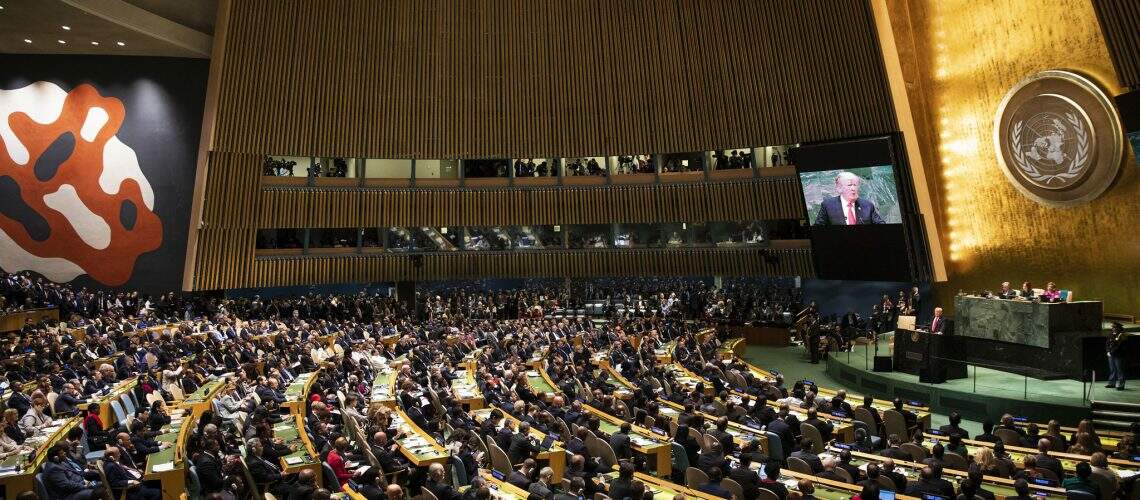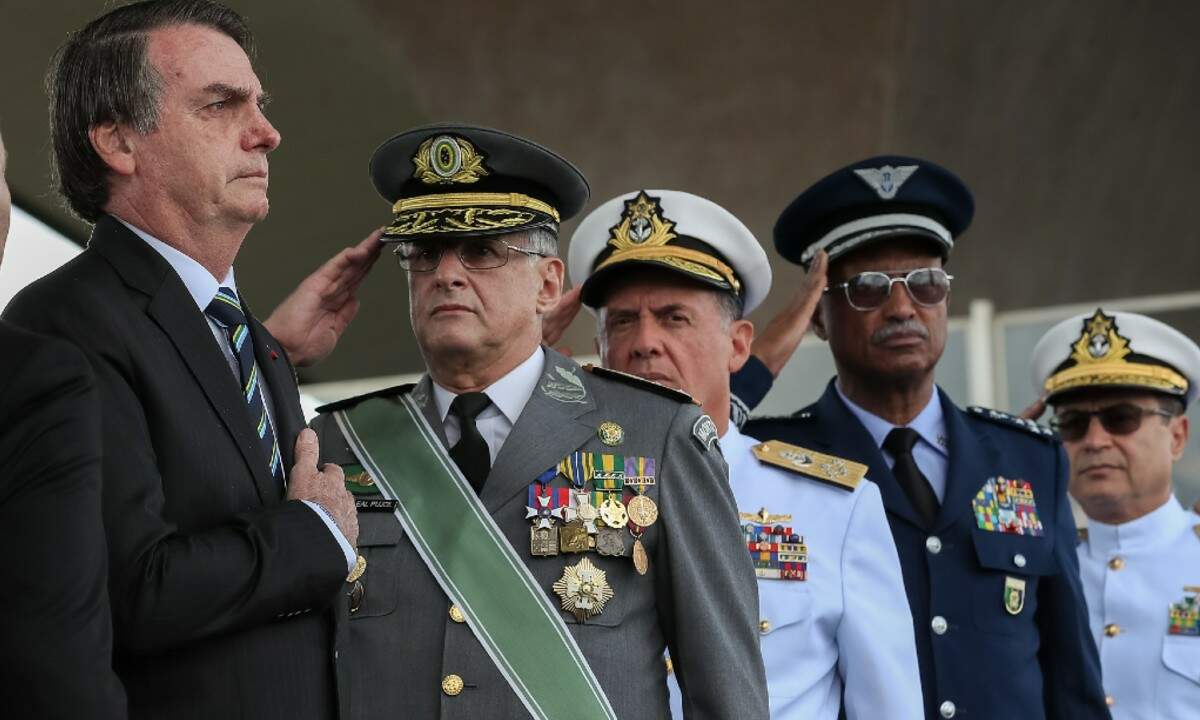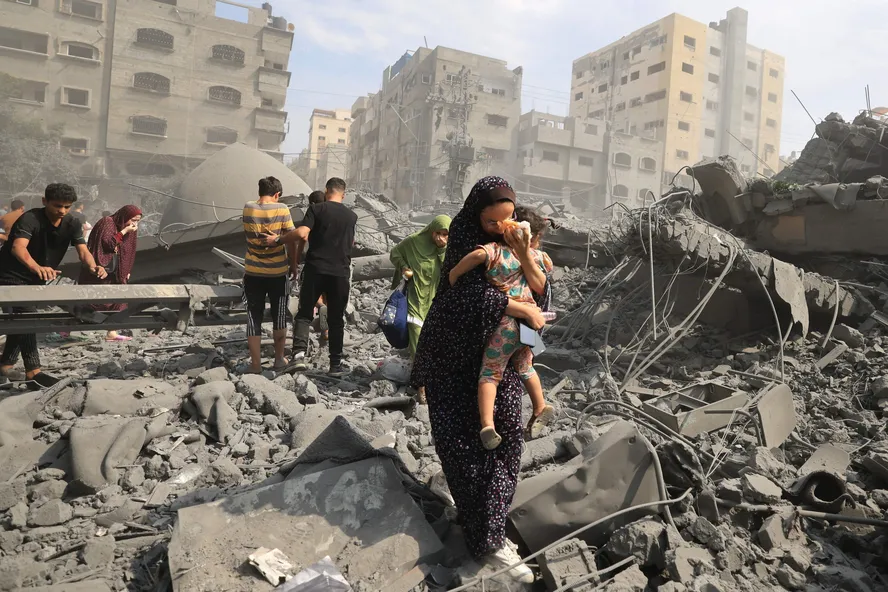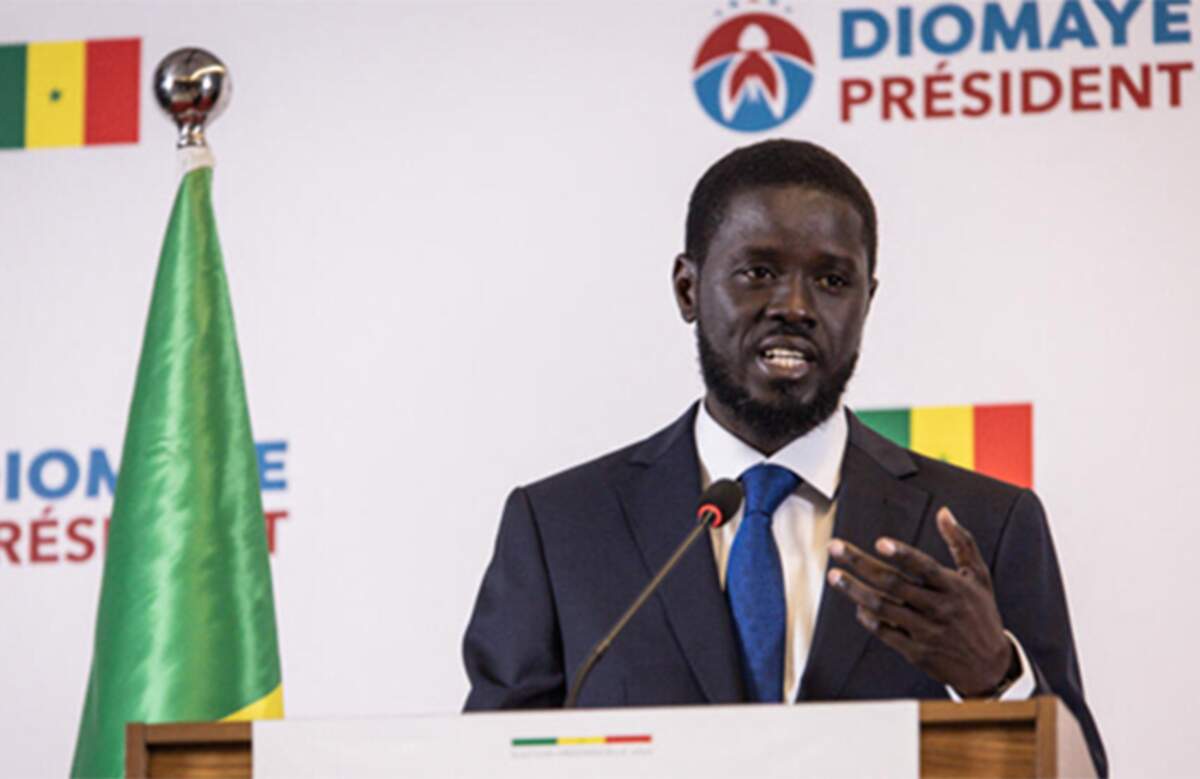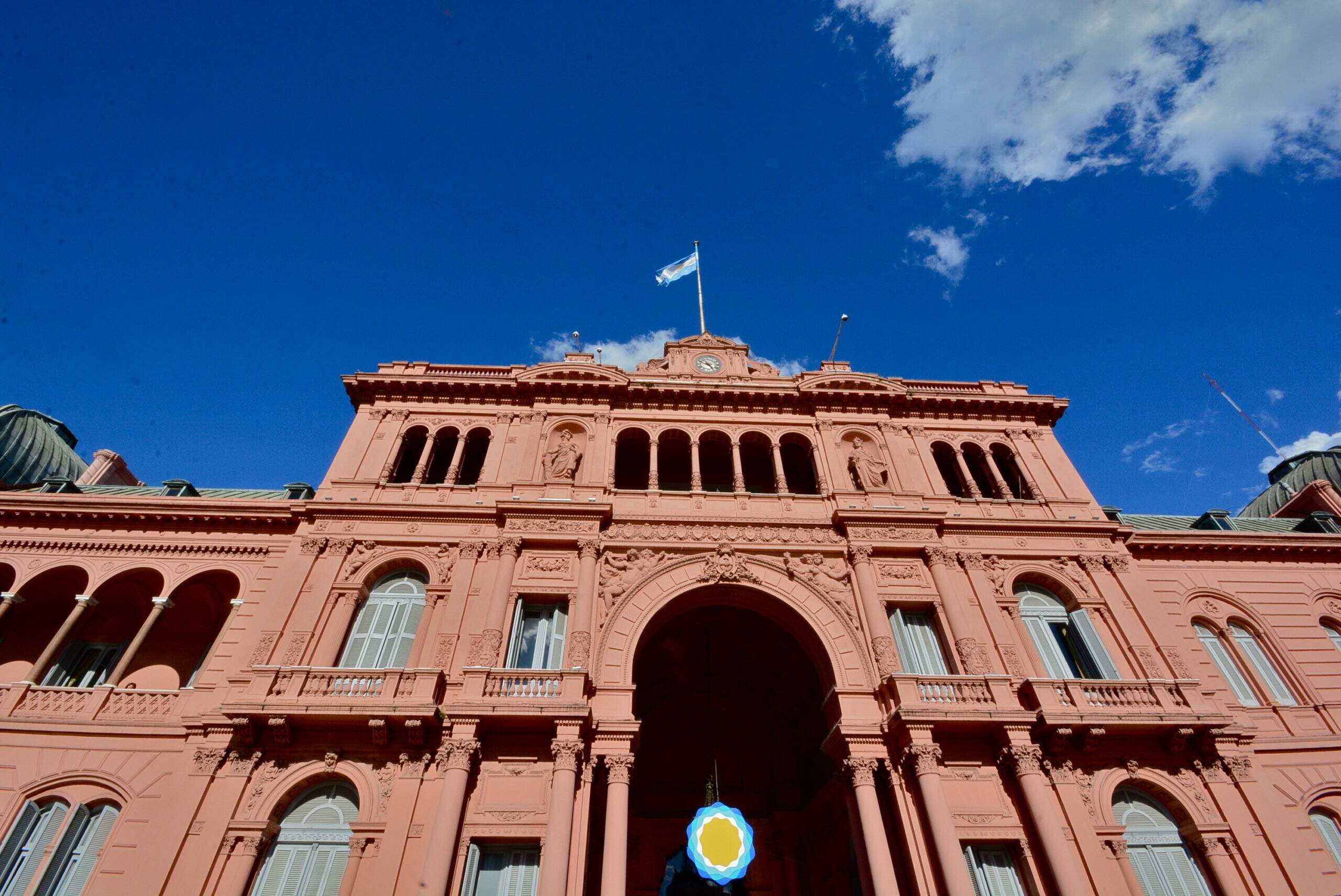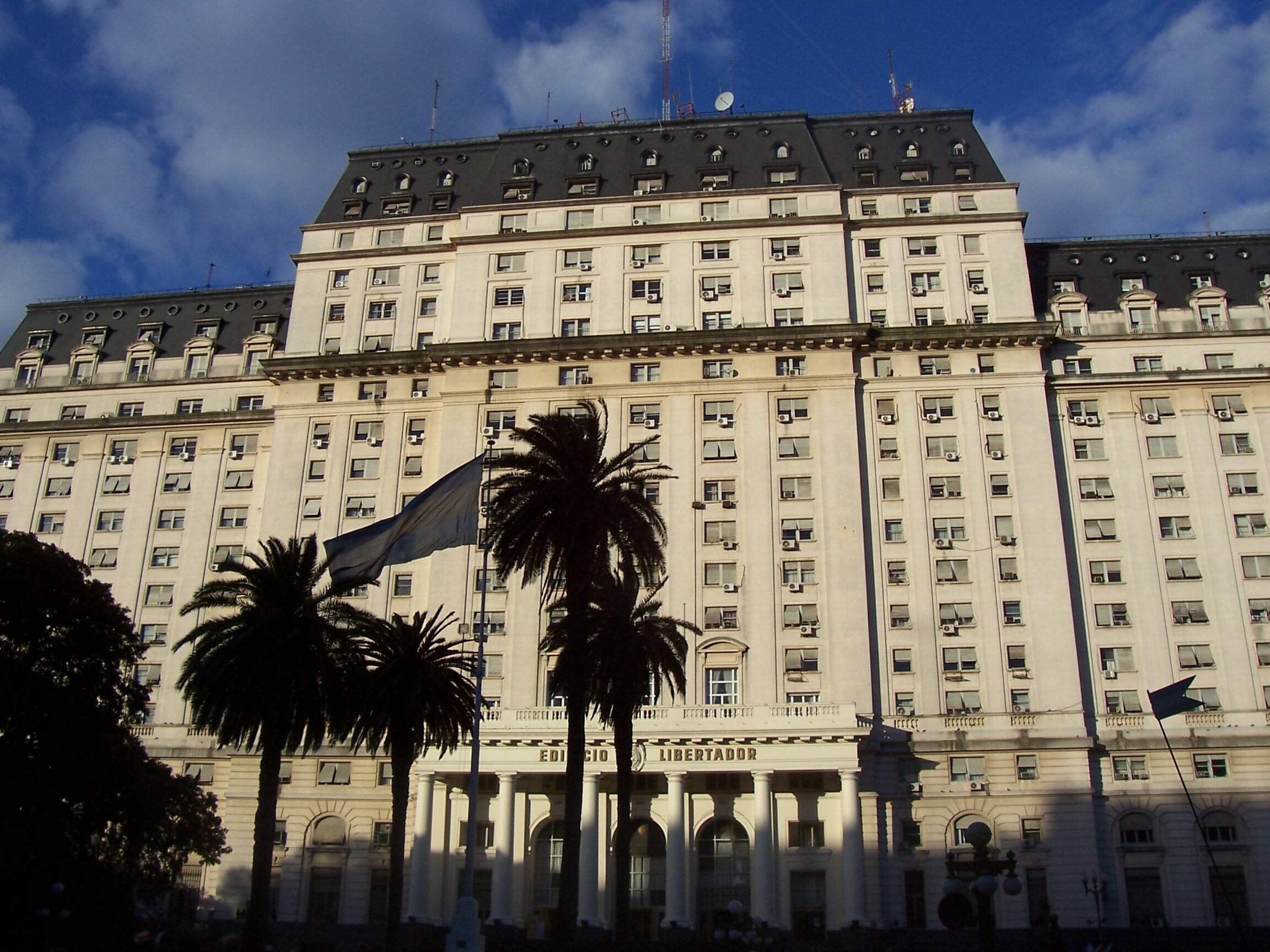Victoria Viana Souza Guimarães*
Lucas Peixoto Pinheiro da Silva**
The approach of the 10th Review Conference (RevCon) of the Treaty on the Non-Proliferation of Nuclear Weapons (NPT) increases expectations about what will be debated and the possible outcomes. The expectation in regard to this specific RevCon is even stronger due to both the rescheduling and the multiple issues to be discussed. After four successive postponements due to the covid-19 pandemic, the event originally scheduled to take place in 2020, will take place between August 1st and 26th, 2022, in New York, in a very different and more challenging international context than in 2015. The topics that will probably be addressed include the following: Treaty on the Prohibition of Nuclear Weapons (TPNW), nuclear submarines, Joint Comprehensive Plan of Action (JCPOA), 2018-19 Korean Peace process, Russo-Ukrainian War, energy crisis, nuclear weapons modernization programs, among others. The present article reviews the main issues on the agenda of the non-proliferation regime, analyzes Brazil’s position in previous conferences, and presents the stance it is most likely to present at this conference.
One of the main issues that will probably be addressed in the 10th RevCon is the relationship between the NPT and the TPNW. The TPNW entered into force in January 2021 and its 1st Meeting of States Parties happened from June 21st until the 23rd, 2022, in Vienna, Austria. The states parties issued two notable documents: the “Vienna Declaration” and the “Vienna Action Plan.” In the first document, the states parties reiterated their commitment to a future without nuclear weapons and strongly condemned nuclear threats. While in the second, they presented a wide-ranging and detailed 50-point plan for the implementation of the treaty.
The discourse leading up to the 10th RevCon gave great emphasis to “reducing the risk of nuclear weapon use” as a practical way to make incremental progress toward disarmament. Nevertheless, some non-nuclear-weapon states fear that a collective focus on risk reduction is an effort to avoid taking the steps needed to achieve disarmament. Some civil society experts have recommended that the document for the final RevCon recognize the TPNW’s entry into force while simultaneously clearly reaffirming the centrality of the NPT to the disarmament and nonproliferation regime. Albeit that, action must still be taken to demonstrate that risk reduction does not deviate from the efforts toward nuclear disarmament but contributes to achieving it.
Another issue to be addressed is the AUKUS. This acronym refers to the initials of Australia, the United Kingdom, and the United States. These countries jointly announced the formation of a new trilateral security partnership in the Indo-Pacific on September 15th, 2021. This partnership establishes among other things the acquisition by Australia of nuclear-powered submarines. Thus, Australia, together with Brazil, which has pursued a nuclear-powered submarine since the late 1970s, would be the first non-nuclear-weapon state to possess it. These programs present new challenges regarding nuclear safeguards and proliferation which should be addressed at the conference. Speculations have already been made about the possibility of countries such as South Korea, Japan, Iran, and Pakistan, among others, taking advantage of this precedent.
The Joint Comprehensive Plan of Action (JCPOA) was signed in July 2015, closing the Iranian nuclear issue. It was originally composed by the P5+1 (China, France, Russia, UK, US + Germany) along with the European Union and Iran. The agreement’s main goal was to provide further assurances that Iran would not use nuclear technology to build nuclear weapons. However, in 2018, ex-President Donald Trump withdrew the US from the arrangement, which was followed by the reestablishment of strong banking and oil sanctions. In retaliation, the Iranians have resumed some of the nuclear activities that were dismantled by the JCPOA, such as increasing the stockpile of low-enriched uranium, enriching uranium in higher concentrations, and developing new centrifuges. More recently, the signing of the Jerusalem Declaration, on July 16th, 2022, by Biden and the Prime Minister of Israel, Yair Lapid, obstructed even further the chances of the JCPOA’s revival. According to the document, each country would be willing to “use all elements of its national power” to prevent Iran from acquiring a nuclear device.
The 2018-19 Korean peace process was a series of negotiations among the US, South Korea, and North Korea towards the Korean peninsula denuclearization. In March 2018, ex-President Trump agreed to the first US-North Korea Summit, which was followed by a historical summit between Kim Jong-un and Moon Jae-in. The result was the pledge from both to convert the armistice into a formal peace treaty between the two Koreas and confirmed the shared goal of achieving a nuclear-free Korean Peninsula. Further efforts were made on June 12th, 2018, when Trump and Kim held a historic meeting, in Singapura; and in September 2018, when Kim and Moon signed a joint declaration outlining steps towards reducing tensions, expanding inter-Korean cooperation, and achieving denuclearization. Nonetheless, negotiations stalled after the Hanoi Summit. The efforts to revive it were unsuccessful and, on October 6th, 2019, North Korea ended negotiation talks with the US until Washington could offer substantial sanction relief. In June 2020, the inter-Korean dialogue was disrupted as well. More recently, Biden has adopted a “middle ground” approach between Obama’s “strategic patience” and Trump’s “grand bargain” policies, though North Korea has signaled no intentions to re-start the talks and ramped up missile tests at the beginning of 2022.
On February 24th, 2022, Russia invaded Ukraine causing a major disturbance in the international system. Russia has put on special alert its deterrence forces, in case NATO intervened directly in the war, igniting security-focused rearrangements in the international economy, with unprecedented sanctions against Russia, which led to spiking oil and gas prices. The energy crunch caused by the war has led to the reconsideration of nuclear energy as a clean alternative to fossil-fuel based energy sources even in countries like Germany, where nuclear energy plants are predicted to be completely shut down at the end of 2022. Furthermore, during the conflict, the Kharkiv nuclear research institute was shelled and Europe’s biggest nuclear power station at Zaporizhzhia was damaged, causing further concern over the nuclear risks and its humanitarian consequences.
Nuclear weapons modernization programs continue to channel extensive resources that could be invested in other critical areas. According to the International Campaign to Abolish Nuclear Weapons (ICAN) report, in 2020, during the covid-19 pandemic, 72.6 billion was spent on nuclear weapons. This high investment in nuclear weapons was also underscored in a 2022 report produced by Reaching Critical Will. The report states that “continued investment by certain governments in not just the maintenance but also the ‘modernisation’—the upgrading, updating, and life-extending—of nuclear weapons is absurd, dangerous, and immoral”.
Brazil acceded to the NPT in 1998 and since then has participated in all RevCons and Preparatory Committees[3], having consolidated very coherent and stable rhetoric internationally. The Brazilian position in the Global Non-proliferation Regime has been characterized by the following rhetorical issues: i) defense of the universality of the NPT; ii) the reaffirmation of its pillars (nonproliferation, disarmament, and peaceful use of nuclear technology); iii) the reiteration of the irreversibility, transparency and verifiability principles and the urging for the resolution on the Middle East agreed on the 5th Review and Extension Conference of the NPT; iv) the urging for revision of the role of nuclear weapons in nuclear-weapon states’ military doctrines, v) the denunciation of the imminent risk of an accidental nuclear detonation; and vi) the contestation of its asymmetries due to the lack of implementation of previously agreed upon disarmament-oriented measures. In addition, the proposition of measures to improve the regime, in particular the fulfillment of the nuclear-weapon states obligations, has also been present in all administrations since 1998. More recently, since the Dilma Rousseff administration, the enunciation of the humanitarian cost of nuclear weapons has been gaining importance.
Considering this new context in which the 10th RevCon will take place, what should be expected in relation to Brazil’s position in the conference? Similar to the Brazilian positions in the previous conferences, it is believed that in this RevCon the country will probably reproduce its consolidated position on recurring issues, by keeping a demanding rhetoric toward the nuclear-weapon states , while defending the access to the technological development of the non-nuclear-weapon states . Meanwhile, on the AUKUS issue, Brazil might try to maximize the effects of the precedent for its own interests, as it is probably the most impactful issue for the country expected to be addressed at the conference. Brazil shall observe carefully how the US will stand regarding this issue since it has been against the Brazilian program. Brazil could explore this contradiction. Conversely, the AUKUS may set an unfavorable precedent for Brazil in relation to joining the IAEA Model Additional Protocol, to which Australia has already adhered and Brazil resists. In general, the trend is toward regression in relation to nuclear disarmament and non-proliferation measures, following a change in the priority of the great powers, with an emphasis on security issues motivated by the containment strategy of China and the Russo-Ukrainian war.
[3] Meetings that precede the Review Conferences.
* Doutoranda em Relações Internacionais pelo PPGRI San Tiago Dantas (UNESP, UNICAMP, PUC-SP). Membro do Grupo de Estudos de Defesa e Segurança Internacional (GEDES) e bolsista CAPES/BRASIL no projeto 88887.387832/2019-00.
** Mestre em Estudos Estratégicos (Inest-UFF). Secretário adjunto do Centro de Estudos sobre China Contemporânea e Ásia (CEA/Inest-UFF).
Imagem: Assembleia Geral da ONU, 2018. Por Trump White House Archived/Flickr.

